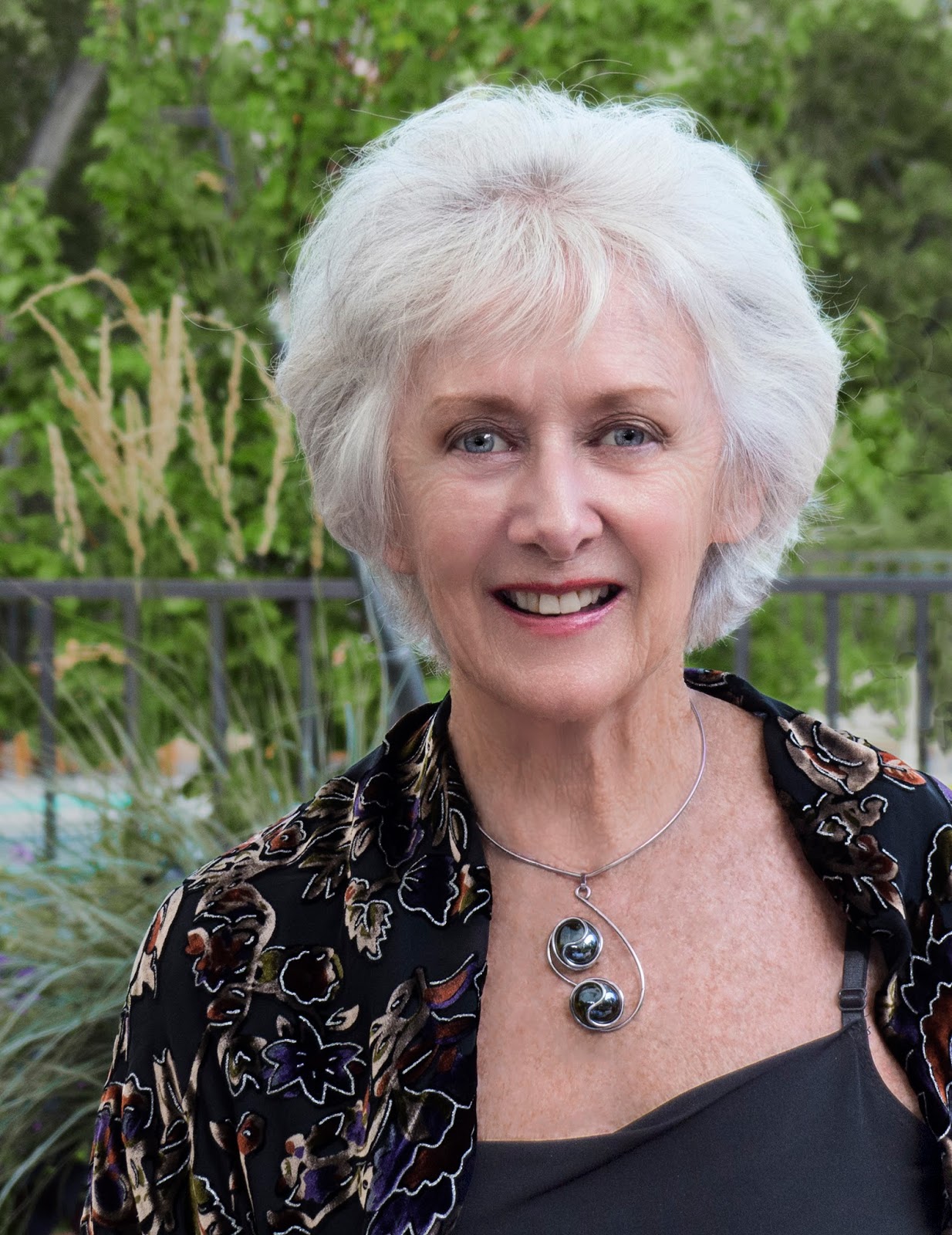
Arnold Schoenberg’s Pierrot lunaire, a prototype of today's avant-garde music, is closing in on its centennial anniversary and hasn’t a cobweb on it. In some ways the composer’s most enduring work, it just had a world premiere performance at the Ojai Music Festival in a new theatrical format, with a decidedly confident flair.
Coming in the middle of the composer’s expressionist period as one of his first bona fide atonal compositions, Pierrot lunaire bridges genres: it is both chamber music and a cabaret song cycle, with a narrator who half sings and half speaks (“Sprechstimme”).
Schoenberg set some 21 poems in a German translation of Belgian Symbolist Albert Giraud’s longer poem cycle of 1884, based on the commedia dell'arte characters of Pierrot and Colombine. Arranged into three groups of seven poems, Pierrot narrates his dream-like, ill-fated story: his carnal and spiritual love for Colombine, his rejected love’s violence and blasphemy, and his sad and haunted return home to Bergamo.
Although composed shortly after the composer’s angst-ridden Erwartung, the intensity of which can be challenging on a listener, Pierrot’s narrative is not so much a living nightmare as a detached dream. It has just the right tone of irony and stoic humor to give it an accessible charm that many of Schoenberg’s other works of the period lack. (Pierrot's music and text is linked here.)
Capturing that tone in performance can be elusive. Happily, eighth blackbird and friends - director Mark DeChiazza, experienced narrator Lucy Shelton, and a mime and dancer - found the right combination of sight, sound, and innovative stage movement to translate the work’s full potential to the audience at Ojai’s Libbey Bowl a week ago Saturday.
The stage setting was effectively lit and equipped with props in a monochrome black and white that suggested the look of silent films in the early 20th Century, with performers in complimentary period cocktail dresses or slacks.
The insertion of a Magritte-like umbrella and movements that anticipate Theater-of-the-Absurd reinforced the detached irony of Schoenberg’s score and chime with the Symbolist origins of the poems that pre-date the Expressionist movement, and will continue its spirit later through surrealism and its influence on the theater.
A round white light was the poetic stand-in for the ever-evoked moon, the challenge of moving it up, down and around mostly successful. (One future adjustment could have that moon freed from its wire holders for an even more plastic use in the narrative as a weightless, glowing object.)
Lucy Shelton’s Sprechstimme was captivating in the nether world between song and speech, and her gliding musical tone was just right as a compliment to the mercurial instrumental colors of eighth blackbird’s – and Schoenberg’s - ever-changing, inventive combinations. All performers had memorized their parts and were in perfect synchronization, theatrically and musically. (This is no mean feat; in Schoenberg’s time, performers insisted on a conductor.)
The theatrical addition of a dancing Colombine benefited from a similarly mimed Pierrot, the latter performed by eighth blackbird percussionist Matthew Duvall, who has no musical part in the score. All musicians and performers interacted in a manner that might be gratuitous were it not so aptly mirrored in the poetic abstractions and dream imagery of the text.
To these eyes, at no point in the performance was there a sign of strained effort or stretched effect. The ensuing spell cast on the audience was another example of eighth blackbird’s magical incorporation of theater into music. (Incidentally, it is Pierrot lunaire’s instrumental complement that subsequently has inspired similar compliments of performers in eighth blackbird and other modern ensembles.)
The performance will be toured around and undoubtedly further tweaked, but when it is fully seasoned, it should be preserved on DVD and given an even wider exposure in venues like public television.
Before the interval came the West Coast premiere of David M. Gordon’s Quasi Sinfonia, a work that has high ambitions and shows considerable craftsmanship. The first and last movements, Allarmi and Allarmi e campane are sufficiently aggressive to match their titles, and its second movement, Ritual, rather spooky. While I found textures in the central movement, Tema con variazioni, too thick sustain interest among the variations, the work overall was promising enough to anticipate that others of more finely-gauged instrumentation should follow.
What:
DAVID M. GORDON: Quasi Sinfonia (West Coast premiere)
ARNOLD SCHOENBERG: Pierrot lunaire (World premiere of semi-staged version)Who:eighth blackbird (Matt Albert, violin/viola; Tim Munro, flute/piccolo; Michael Maccaferri, A/Bb/bass clarinets; Nick Photinas, cello; Lisa Kaplan, piano; Matthew Duvall, mime actor in Pierrot lunaire, percussionist. (Also with others in Quasi Sinfonia)
Lucy Shelton, Narrator (in Sprechstimme)
Elyssa Dole, dancer
Mark DeChiazza, director
Elyssa Dole, dancer
Mark DeChiazza, director
When/Where: Saturday, June 13, 8:00 p.m., Libbey Bowl, Ojai, California
Photo by Robert Millard, with permission of Ojai Music Festival: eighth blackbird and Lucy Shelton in Pierrot lunaire
Rodney Punt may be reached at: [email protected]













No comments:
Post a Comment